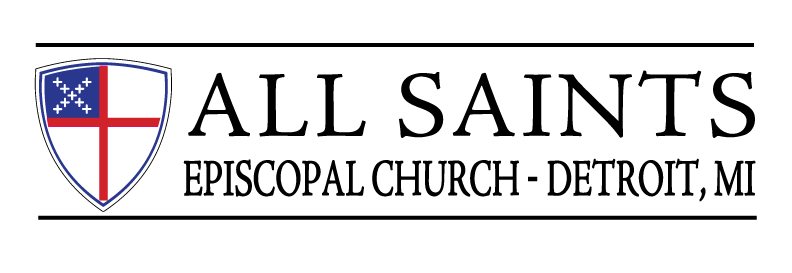Have you ever wondered why so few people seemed to be aware of what was taking place in the stable outside the inn in Bethlehem? Have you ever thought it a little curious that there were so few visitors? The only record we have of anyone taking notice at all is the reference to a group of shepherds and three “wise men” or seers. Why didn’t others follow the star? What about all the people staying at the inn only a little ways away? What about the innkeeper and his family? Everyone seemed too busy with other more important things to take notice. It seems significant to me that the only people who took time to notice were a few shepherds and some travelers from a distant country. What qualities did they possess that led them to the stable?
When we study the shepherds and the “wise men,” the first thing we notice is their simplicity. These were people who did not feel it necessary to make a big production of what they undertook. The accounts suggest that the “wise men” were people of substantial wealth, but the rude stable seemed to cause no problem for them. All these persons were interested in was the child they had come to find, not the size of his house or the make of his clothing. Yet, even more important than their outward simplicity was their inward simplicity. Most of us are so busy within ourselves making plans, fighting fears, and trying to get through each day, that there simply isn’t time to go to the stable. The inn was crowded with these kinds of busy people. Only those who choose the way of simplicity find their way to the stable.
The second quality that stands out about the shepherds and the “wise men” is their humility. Humility is being open enough to accept things that are new or different to us. It must have been quite a shock to the shepherds and the “wise men” to see what they found at the stable. They were expecting to see see the Messiah – a king – which meant to the people of that time a great deliverer who would make Israel a formidable power. They found only to people and an infant! Some king indeed! Still, each one bowed down before the child. What they found was a new kind of kingship and, because their minds were open, they affirmed and accepted Him. Only those who chose the way of humility find their way to the stable.
The third quality we see in these visitors is their capacity to adore. Adoration is a word we don’t hear much anymore, perhaps because we’ve forgotten what it means. Adoration is a combination of love and worship, something we reserve for God. We are to love one another as we love ourselves, but we are to love God with all our heart, our mind, and our soul. There is nothing partial or half-hearted or lukewarm about adoration – it is the giving of one’s entire being. I think it’s interesting that the only visitors to the stable were the very poor and the very rich. Maybe we’ve forgotten what adoration means because we have made our God too small – a God who would be embarrassed by something as extreme as adoration. Only those who choose the way of adoration find their way to the stable.
The final quality we see in each of these visitor is joy. If the shepherds had not been people of joy, they would never have heard the song of the angels in the first place. One must have at least a little joy inside to experience joy outside. If the “wise men” had not been men of joy, for joy is the by-product of hope, they never would have made the long and arduous journey following a star. The joy of Bethlehem is a joy that is not dependent upon the circumstances of life. Only those who choose the way of joy find their way to the stable.
So there they were – Mary, Joseph, and the Child – in a cold, rude, smelly stable. These was pain. There was want. It was all around them. And yet, in the midst of it all, there was deep abiding joy, for God was in their midst; and where God is, there will be joy. In the end, the Christmas message is this: “Behold, I bring you tiding of great joy which shall be to all people, for unto you this day is born in the City of David, a Savior, which is Christ the Lord.”
Source: © The Rev. Peter Groschner, December 21, 2014. Christmas Theme. Reprinted with permission from the author.
